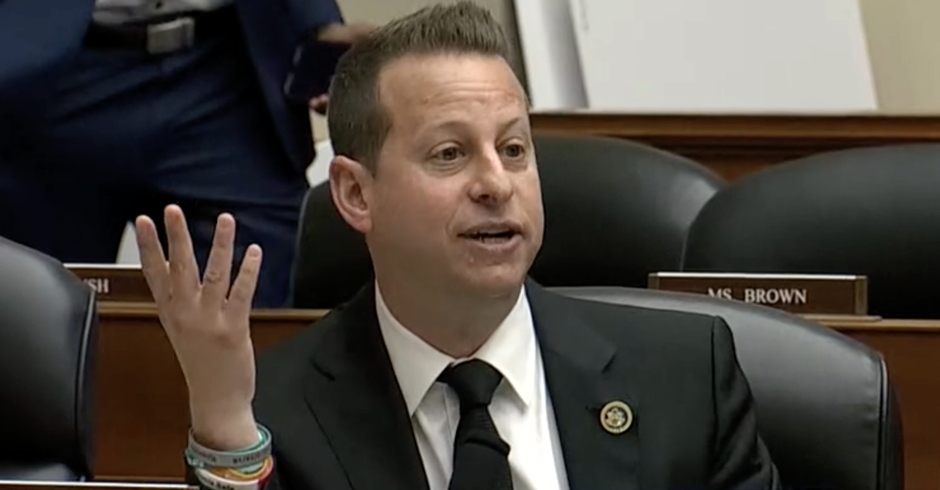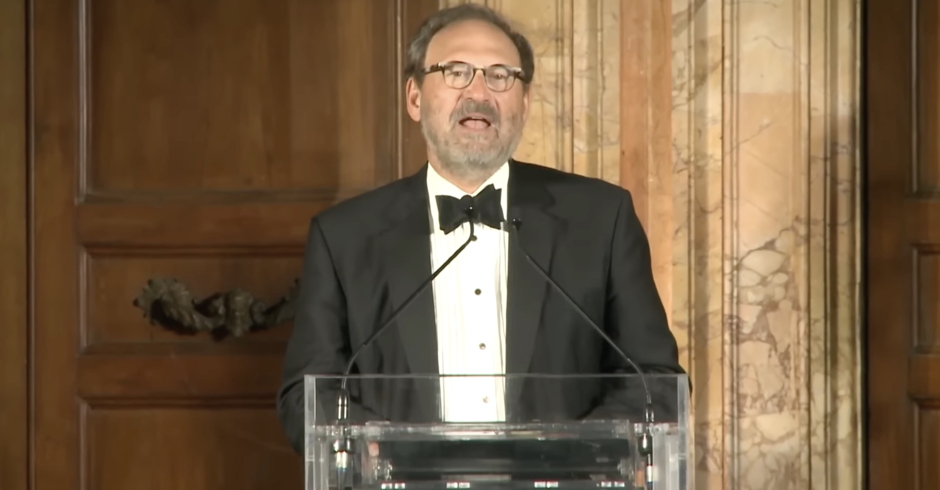‘I Made a Mistake, Plain and Simple’: Hillary Clinton Publishes Second Apology
Writes 854 Word Essay Calling for Eradication of HIV/AIDS and to ‘Erase the Stigma’
Saturday evening Hillary Clinton published a lengthy statement again apologizing for her comments crediting the late Nancy Reagan with “low-key action” on HIV/AIDS.
“Yesterday, at Nancy Reagan’s funeral, I said something inaccurate when speaking about the Reagans’ record on HIV and AIDS,” Clinton wrote at Medium. “Since then, I’ve heard from countless people who were devastated by the loss of friends and loved ones, and hurt and disappointed by what I said. As someone who has also lost friends and loved ones to AIDS, I understand why. I made a mistake, plain and simple.”
Clinton’s comments Friday during the former First Lady’s funeral exploded online drawing great anger, pain, and upset among millions who lost loved ones to the disease. Some accused the Democratic presidential candidate of re-writing history, given the Reagans’ refusal to acknowledge HIV/AIDS which emerged on their watch.
“To be clear, the Reagans did not start a national conversation about HIV and AIDS,” the former Secretary of State continued. “That distinction belongs to generations of brave lesbian, gay, bisexual, and transgender people, along with straight allies, who started not just a conversation but a movement that continues to this day.”
Many have called upon Clinton, even after she quickly issued a statement Friday afternoon apologizing for her comments, to do more.
“While the Reagans were strong advocates for stem cell research and finding a cure for Alzheimer’s disease,” Clinton said Friday in a statement sent to The New Civil Rights Movement. “I misspoke about their record on HIV and AIDS. For that, I’m sorry.”
Saturday evening, Clinton acknowledged that the “AIDS crisis in America began as a quiet, deadly epidemic. Because of discrimination and disregard, it remained that way for far too long.”
“When many in positions of power turned a blind eye, it was groups like ACT UP, Gay Men’s Health Crisis and others that came forward to shatter the silence — because as they reminded us again and again, Silence = Death. They organized and marched, held die-ins on the steps of city halls and vigils in the streets. They fought alongside a few courageous voices in Washington, like U.S. Representative Henry Waxman, who spoke out from the floor of Congress.”
She also pointed to “all the people whose names we don’t often hear today — the unsung heroes who fought on the front lines of the crisis, from hospital wards and bedsides, some with their last breath.”Â
Noting “we still have work to do to eradicate this disease for good and to erase the stigma that is an echo of a shameful and painful period in our country’s history,” Clinton said, “I want to use this opportunity to talk not only about where we’ve come from, but where we must go in the fight against HIV and AIDS.”
And she acknowledged the 1.2 million people living with HIV in the United States today, with about 50,000 people newly diagnosed each year.”
Clinton called it “absolutely inexcusable” that even though “the tools exist to end this epidemic once and for all, there are still far too many people dying today.”
“I believe there’s even more we can — and must — do together,” she wrote, calling for a continuation “to increase HIV and AIDS research and invest in the promising innovations that research is producing.”
“Medications like PrEP are proving effective in preventing HIV infection; we should expand access to that drug for everyone, including at-risk populations. We should call on Republican governors to put people’s health and well-being ahead of politics and extend Medicaid, which would provide health care to those with HIV and AIDS.”
She also called “on states to reform outdated and stigmatizing HIV criminalization laws, an increase in “global funding for HIV and AIDS prevention and treatment, a cap on “out-of-pocket expenses and drug costs,” and holding “companies like Turing and Valeant accountable when they attempt to gouge patients by jacking up the price of lifesaving medications.”
“We’re still surrounded by memories of loved ones lost and lives cut short,” Clinton concluded, noting “we’re also surrounded by survivors who are fighting harder than ever. We owe it to them and to future generations to continue that fight together. For the first time, an AIDS-free generation is in sight. As president, I promise you that I will not let up until we reach that goal. We will not leave anyone behind.”
Â
This is a breaking news and developing story. Details may change. This story will be updated, and NCRM will likely publish follow-up stories on this news. Stay tuned and refresh for updates.
Â
Image by Ted Eytan via Flickr and a CC license

Enjoy this piece?
… then let us make a small request. The New Civil Rights Movement depends on readers like you to meet our ongoing expenses and continue producing quality progressive journalism. Three Silicon Valley giants consume 70 percent of all online advertising dollars, so we need your help to continue doing what we do.
NCRM is independent. You won’t find mainstream media bias here. From unflinching coverage of religious extremism, to spotlighting efforts to roll back our rights, NCRM continues to speak truth to power. America needs independent voices like NCRM to be sure no one is forgotten.
Every reader contribution, whatever the amount, makes a tremendous difference. Help ensure NCRM remains independent long into the future. Support progressive journalism with a one-time contribution to NCRM, or click here to become a subscriber. Thank you. Click here to donate by check.
 |






















